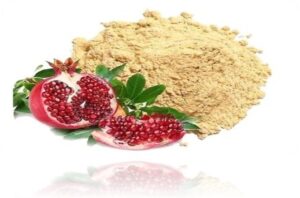(1) Department of Chemistry, Faculty of Science, University of Benghazi, Benghazi, Libya, (2) Mercury Research Group, Department of Chemistry, Faculty of Arts and Science, University of Benghazi, Ghemines, Libya, (3)Department of Chemistry, Faculty of Arts and Science, University of Benghazi, Alabyar, Libya, (4)Department of Mathematics, Faculty of Arts and Science, University of Benghazi, Ghemines, Libya
Abstract
 Removing toxic heavy metals from ecosystems remains a significant challenge, necessitating the exploration of environmentally friendly solutions. Phytoremediation stands out as one of the most effective, sustainable, and eco-conscious methods. In recent decades, phytoadsorption has emerged as a promising, cost-effective, and benign approach for detoxifying contaminated aquatic environments from heavy metals.
Removing toxic heavy metals from ecosystems remains a significant challenge, necessitating the exploration of environmentally friendly solutions. Phytoremediation stands out as one of the most effective, sustainable, and eco-conscious methods. In recent decades, phytoadsorption has emerged as a promising, cost-effective, and benign approach for detoxifying contaminated aquatic environments from heavy metals.
In our study, we investigated the use of dry pomegranate peels as a biosorbent to extract lead (Pb²⁺) ions from aqueous solutions through the phytoadsorption process. Various amounts of dried biomass (5.0, 2.0, and 0.5 grams) were tested under different shaking speeds (400, 600, and 800 oscillations per minute) and contact times. The results demonstrated that dried pomegranate peels could remove up to 83.2% of lead ions from 250 ppm aqueous solutions at room temperature and neutral pH. Additionally, the bioadsorption capacity of the pomegranate peels reached up to 28.8 mg/g.
These findings suggest that pomegranate peels have the potential to serve as effective bioadsorbents for the removal of lead heavy metals from polluted aquatic systems.
